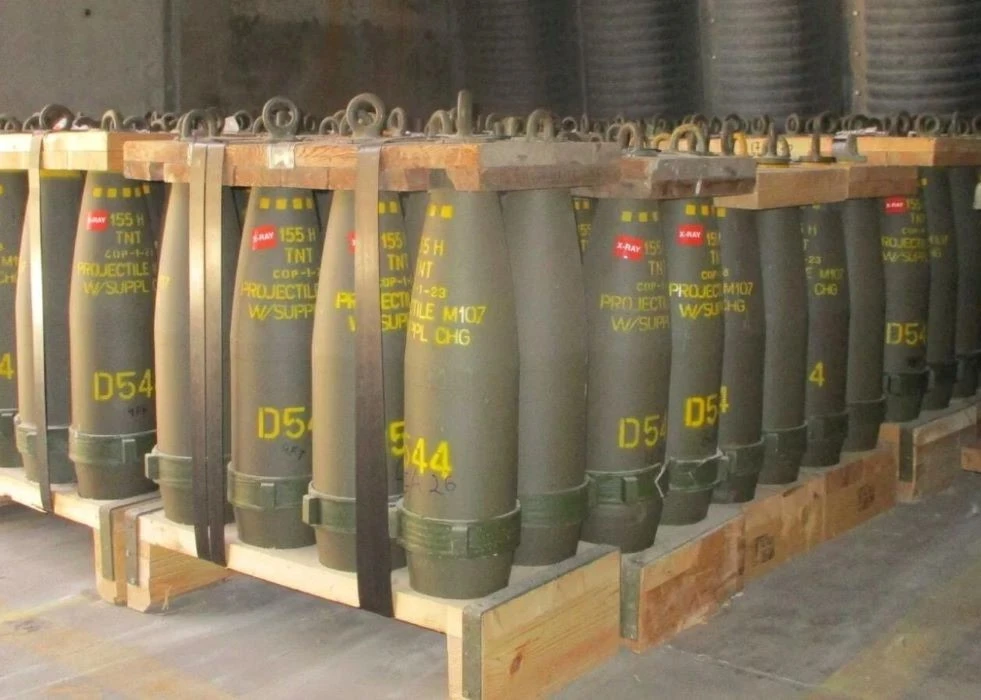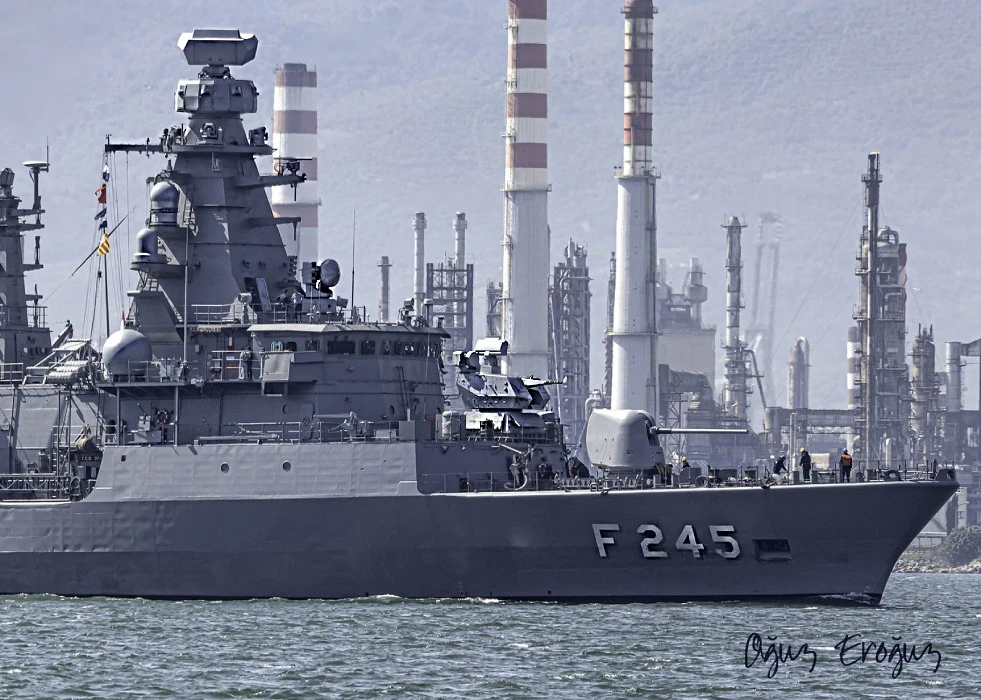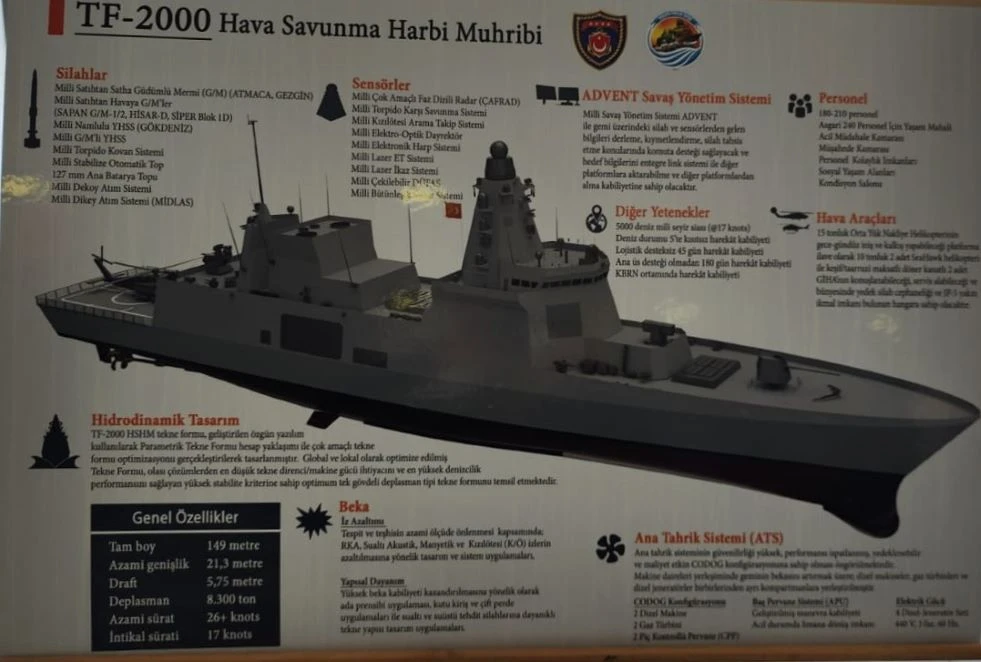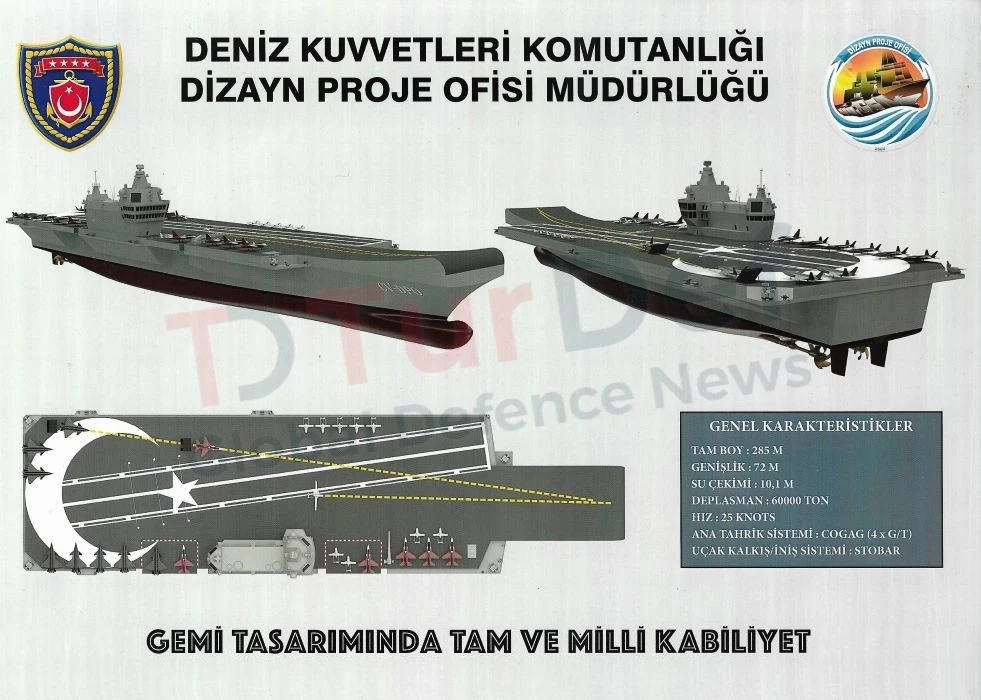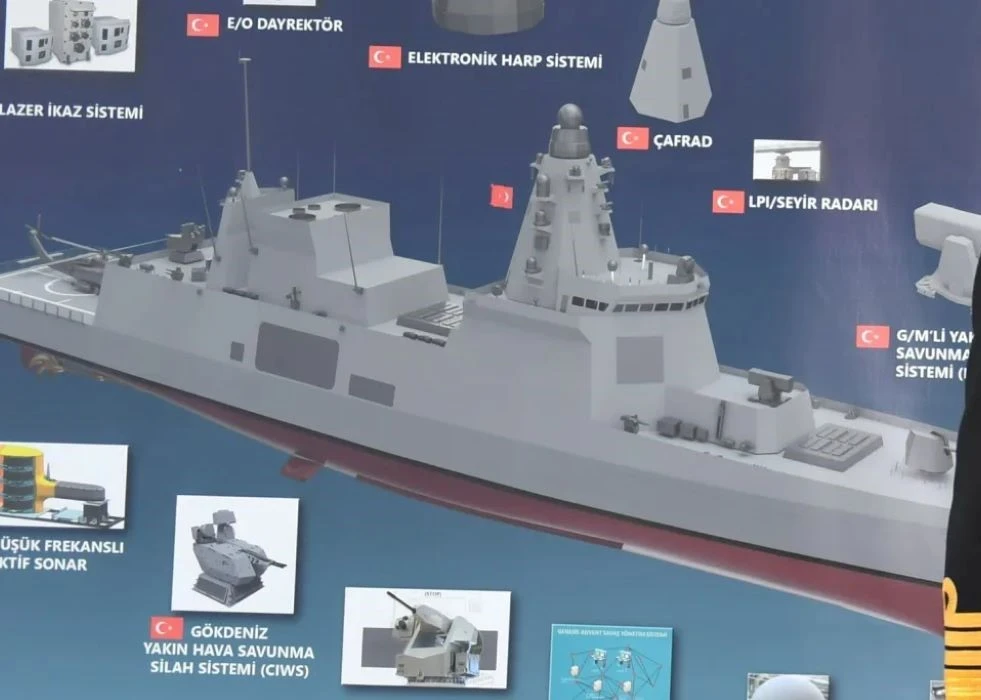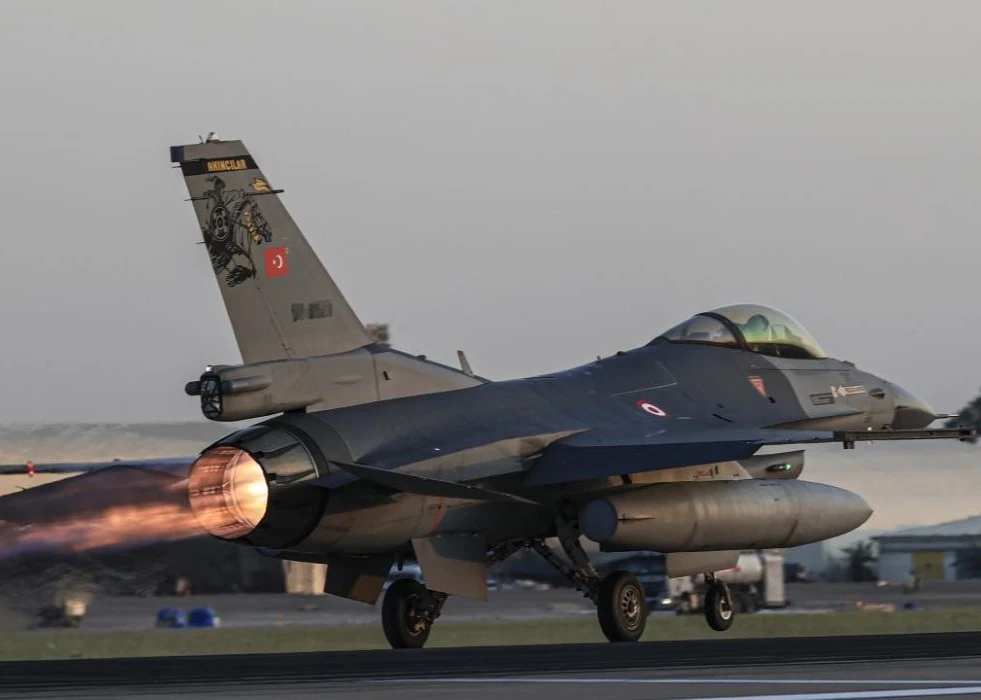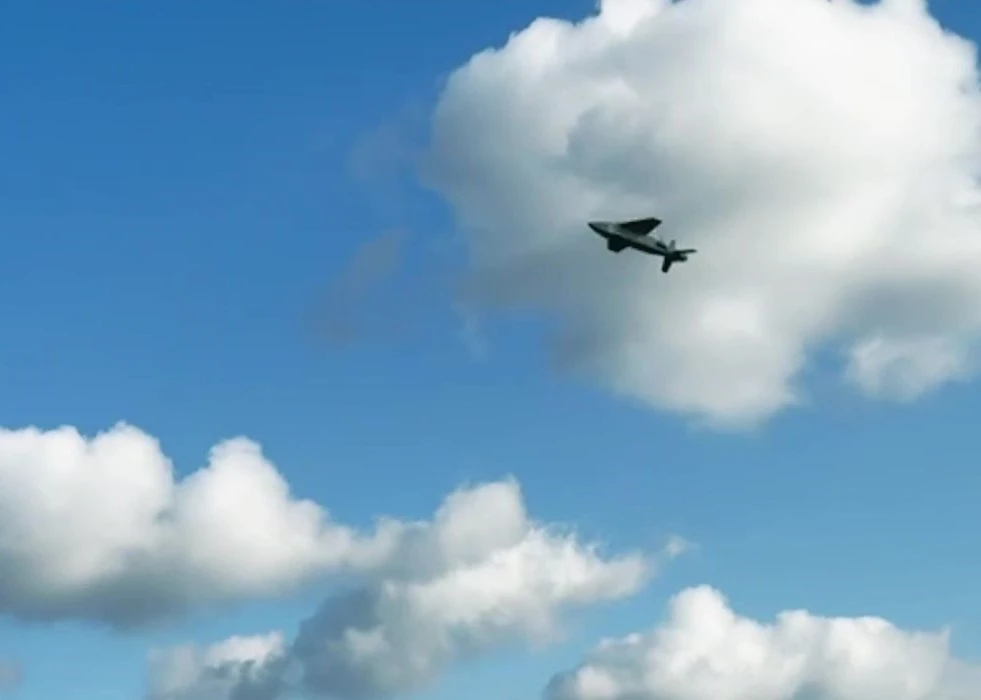The European Commission allocates €500 million to boost 155 mm artillery shell production to strengthen the EU's defence industry. The European Union was founded to provide peace in Europe by establishing economic and cultural interdependency among countries. The post-Second World War era forced countries to diminish their defence investment as much as possible. The Cold War era gave this mission to the NATO alliance. Today, the future of NATO is unforeseen if Donald Trump gets elected in November 2024, and a war in Europe is on the horizon. On March 15, 2024, the Commission allocated the €500 million budgeted under the Act in Support of Ammunition Production (ASAP). The Commission also released the Work Programme for the Instrument to Strengthen the European Defence Industry via Common Procurement (EDIRPA) and the European Defence Fund's fourth annual Work Programme. These programmes have a combined budget of over €2 billion. According to the statement issued by the Commission, these "steps towards the reinforcement of the European defence technological and industrial base are taken in the wake of the adoption of the first-ever European Defence Industrial Strategy (EDIS) and the associated proposal for a European Defence Industry Programme (EDIP)." The Commission completed the ASAP Regulation study and chose 31 initiatives to help the European munitions industry increase its output and readiness. The chosen projects include five categories: explosives, powder, shells, missiles, and testing and reconditioning certification.
The projects will be supported with €513 million from the EU and Norwegian budgets. This money will leverage additional investment from industry through co-financing, culminating in a total investment of around €1.4 billion in the supply chain.
ASAP focuses on powder and explosives, bottlenecks in ammunition shell manufacture in Europe, and will devote approximately three-quarters of the plan to them. Technically speaking, it is one of the main requirements of war between armies. European countries promised to deliver over 1 million 155mm shells to Ukraine in a year; however, they failed by delivering around 300 thousand in 2023.
The plan will support projects that increase annual production capacity by over 10,000 tonnes of powder and 4,300 tonnes of explosives. The Union plans to invest €248 million in powder manufacturing capacity and €124 million in explosives manufacturing capability. By January 2024, Europe's yearly production capacity for 155 mm shells had already reached 1 million.
ASAP grant recipients and their supplier chains are scattered throughout the European Union. Support is provided to both strengthen existing industrial facilities and establish new ones. The completed projects will improve the Union's military industry's responsiveness and capability, resulting in a speedier supply of ammunition and missiles in Europe.
Grant agreements with approved applicants are scheduled to be executed in May 2024.
With the adoption of the instrument for the reinforcement of the European defence industry through the Common Procurement (EDIRPA) Work Programme, as well as the launch of the respective calls for proposals, the Commission incentivizes Member States for the first time to jointly acquire defence products serving the most urgent and critical needs, particularly those exacerbated by Russia's aggression against Ukraine. Aggregating demand will give certainty, incentivizing our industry to increase manufacturing capacity and boost interoperability among national armed forces.
With a budget of €310 million, the EDIRPA Work Programme will enhance unified procurement in three areas: 1) ammo (e.g., small weapons, artillery ammo, mortars, rockets); 2) Air and missile defence; and 3) Platforms and legacy system replacement. These financial priorities were developed with the Member States to address urgent military needs and replenish defence stockpiles.
The Commission has also adopted the fourth annual Work Programme of the European Defence Fund (EDF) and issued the corresponding calls for proposals, allocating an additional €1.1 billion, including €225 million, to support innovation and defence start-ups through dedicated measures under the EU Defence Innovation Scheme (EUDIS). The Member States mutually agreed upon the financial priorities and considered military technology and capabilities requirements and emergent threats exacerbated by the changing security environment.
The 2024 EDF work programme, which includes 32 call subjects, will fund initiatives in critical defence areas such as combating hypersonic missiles, developing a range of autonomous vehicles for the air and ground, and maintaining safe space communication. It lays the groundwork for next-generation military systems, such as helicopters and mid-size cargo aircraft.
The Work Programme also provides support measures to foster defence innovation and inclusivity through the EU Defence Innovation Scheme (EUDIS), including funding for an EUDIS Business Accelerator and matchmaking possibilities with investors.

